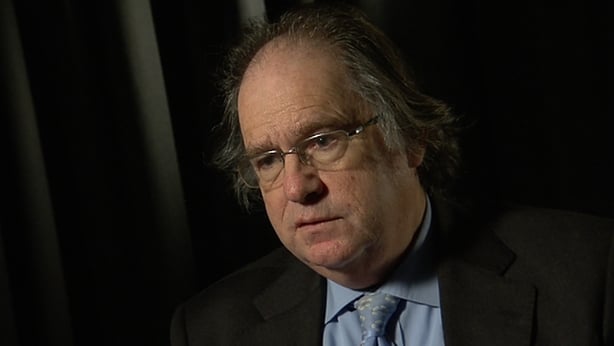I read on RTÉ Online the other day that a record number of shark attacks were reported worldwide last year, writes Michael Marsh, Emeritus Professor, Trinity College Dublin.
Florida saw the largest share. These are far from uncommon in that part of the world, but they are very rare in the US further north, let alone on this side of the Atlantic.
New Jersey did suffer from unprecedented attacks almost 100 years ago, and these were the subject of a very widely read paper by two senior professors the from the University of Princeton.
What has this got to do with our 2016 Election? Well the attacks occurred in a Presidential election year. And the paper shows very effectively that in coastal counties in which there were cases of sharks attacking swimmers, the incumbent, President Wilson, suffered a small but significant loss of votes.
The conclusion: the president was blamed for the attacks – even though there had never been any recorded before. [A recent version of the paper is available here]
The authors go on to instance many other instances of unpredictable disasters outside government control and show how elected authorities suffered consequently at the polls.
The argument it makes is about the way in which political arguments about responsibility do not sit well with assumptions about the rationality of the average voter, who it is often said knows enough to make sensible decisions.
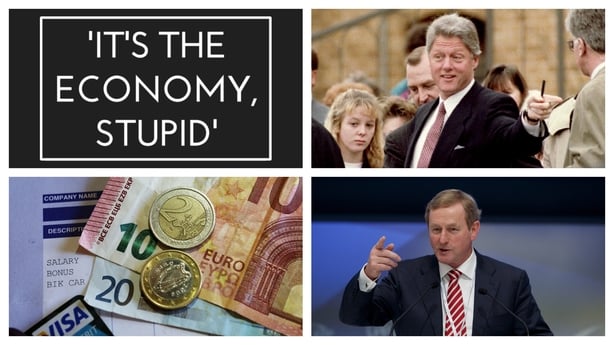
This is particularly so when it comes to judging economic management. They argue that as long as responsibility can somehow be attributed to the government in a story persuasive within the culture, the electorate will take out its frustrations on the incumbents.
Equally, this can work both to blame authorities for what they have done (or not done) and also to take credit away when it is due.
The economy is a central feature in most elections. If things are going quite well there are two arguments for oppositions to make.
One is that things are not really so good; the other is that economic growth is not a result of government actions and policies.
Equally, when things are bad, government will argue that things are improving, and that it is not their fault.
We have seen these in recent elections. In 2002 for instance the opposition argued that the boom was not the consequence of government action, and evidence from then 2002 Irish Election Study showed how FG voters, for instance, were typically unwilling to credit the FF government on the economy even when they were willing to acknowledge the boom. 2007 was a repeat of that.
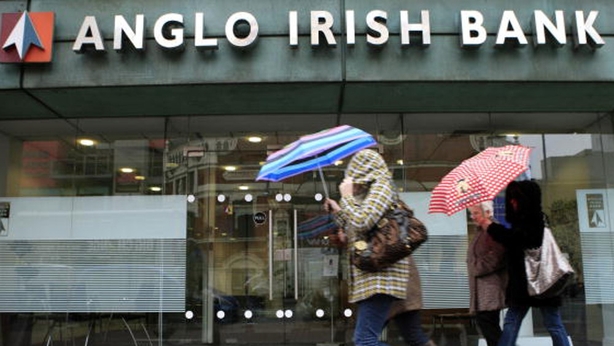 In 2011 it was hard to find anyone who thought the economy was in good shape, but FF voters were inclined to blame the Banks, and Europe, and the international economic situation, and not the government – who were certainly held to be accountable by the wider electorate.
In 2011 it was hard to find anyone who thought the economy was in good shape, but FF voters were inclined to blame the Banks, and Europe, and the international economic situation, and not the government – who were certainly held to be accountable by the wider electorate.
This time there are again competing interpretations of our position as the fastest-growing economy in the EU.
The government of course claims credit: it is due to the firm control of the finances. Little credit is given to the government by opposition parties: the historic low interest rates in the Eurozone where growth is flat, combined with fairly strong growth in our traditional markets, the US and UK, provide an explanation in which the government is a fortunate beneficiary rather than a prime architect.
And of course doubt can be cast on growth, at least in terms of how widely spread are the benefits when one moves beyond the privileged circles of the generally maligned Dublin middles classes (who do favour the return of the current government). Debate moves from making the money to spending it.
We have heard a lot about the importance of a missing ‘feel-good factor’ in the last year or so, with many interpreting the failure by government parties to build support rapidly on the basis of the recovery, to the absence of a ‘feel-good factor’.
Consumer satisfaction surveys seem to reinforce that absence, with most highlighting low numbers of people who thought things were getting better for them personally, although recent data on consumer confidence does indicate a much more optimistic electorate.
Much international research has been done on the impact of the economy on incumbent support, with most of it pointing to a clear relationship: economic growth significantly boosts incumbent re-election chances.
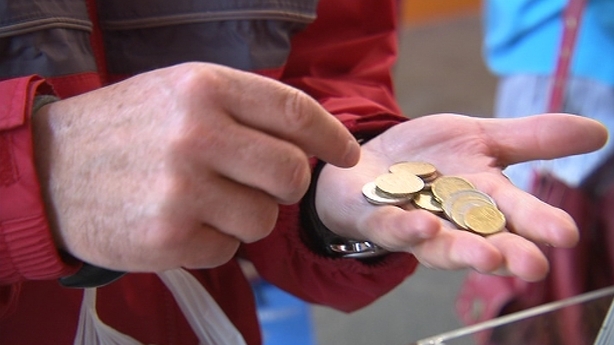 Yet in terms of the perceptions of individuals, it is their perception of the economy as a whole – rather than their own personal circumstances which is usually vital. This is usually explained by the fact that governments can be blamed for general circumstances – and that is the message in the media – whereas personal ones can be due to a wide variety of factors – ill health, retirement, moving house – that might reduce disposable income but not be in any obvious way be the ‘fault’ of the government.
Yet in terms of the perceptions of individuals, it is their perception of the economy as a whole – rather than their own personal circumstances which is usually vital. This is usually explained by the fact that governments can be blamed for general circumstances – and that is the message in the media – whereas personal ones can be due to a wide variety of factors – ill health, retirement, moving house – that might reduce disposable income but not be in any obvious way be the ‘fault’ of the government.
(Though of course a story could be a advanced in which it was the fault of the incumbents.)
Yet in Ireland throughout 2014 and 2015 we did see signs that support for the government was much stronger among those who saw improvements personally.
Unusually, we saw that while people generally saw the economy as improving, only a minority saw their own circumstances as better than last year.
The weight of debt, the size of the adjustments in wages, and increases in taxation that we have experienced perhaps all contribute to this unusual pattern.
The government of course says it is not to blame: policies were necessary to fix the problems it inherited. The opposition, in their different ways beg to differ.
At least Enda can console himself with the though that there have not been shark attacks in Mayo … but we did get a lot of rain.
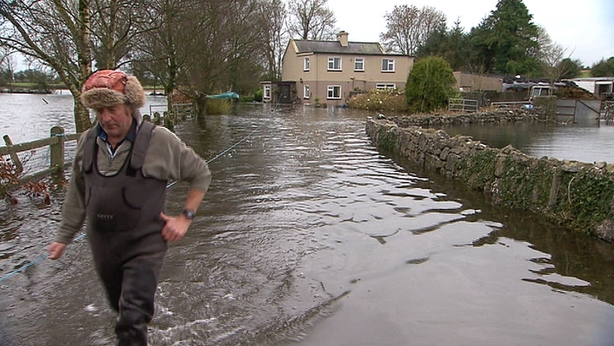
By Michael Marsh, Emeritus Professor, Trinity College Dublin
